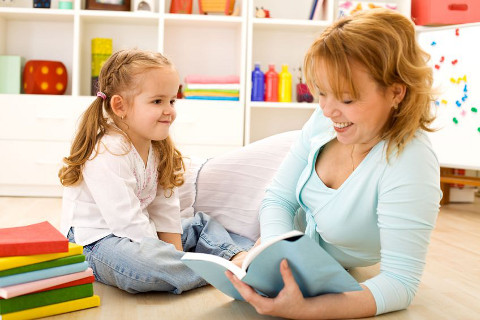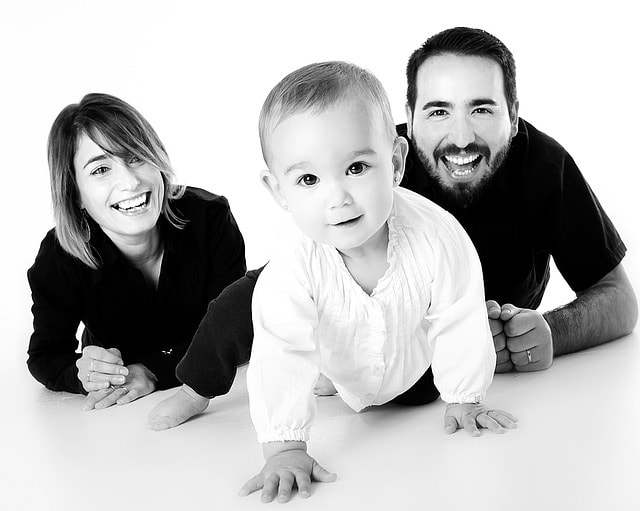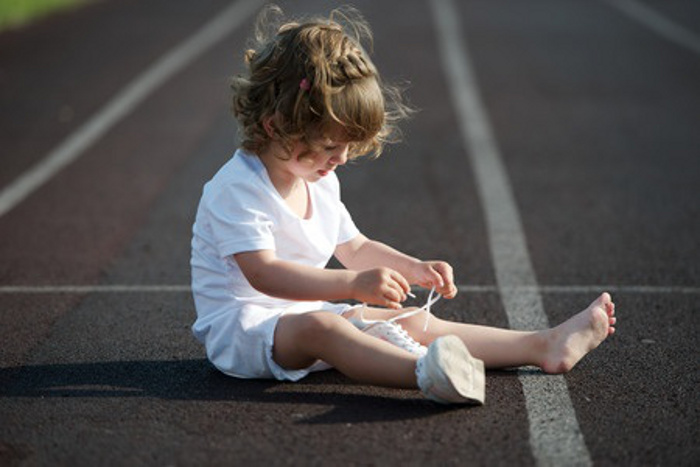Parenting gifted children can be just as demanding as parenting a child with other special needs. They can exhaust their parents and make them feel inadequate and even helpless. They can become antisocial and withdrawn if they think that other children and adults misunderstand them. They can also become bored and troublesome in ordinary lessons.

Most children at some time are ahead of their age in one form of development or another, but parents should bear in mind that super performance in one or two areas does not make their children especially bright. The characteristic of a bright child is that she is ahead of her age in nearly all forms of achievement and in the acquisition of skills. She is, across the board, a super-achieving child.
The gifted child will enjoy all kinds of brain exercises and teasers and may even find some of them very easy. A gifted child learns quickly and is able to use that learning in a very broad sense. While giftedness in itself is not a problem to the gifted child, it can become one because of the reaction of others. Misunderstanding between parents and children can lead to children becoming introspective. This may not be a big problem, but if a gifted child becomes a loner and draws on his own imagination, he may become isolated at the time when he creates and manipulates ideas.
Gifted children usually have exceptional talents like musical or artistic ability, special mathematical or linguistic ability, or spatial ability, and a very high IQ and parents have difficulty providing sufficient stimulation for their children. They may want to consider an accelerated learning program for such children.
Taking care of gifted children is hard work. Parents have to remain healthy for their children’s sakes. They have to keep replenishing their energy to avoid becoming short tempered, impatient or argumentative. Like all children, gifted children also need the atmosphere of love and warmth, calm and rhythm, interest and enthusiasm, for proper growth.
It is best to remember that despite giftedness, they are still children and they learn through example and imitation. Their experiences need to be enriched too, through varied activities. It is better for them to have regular guided lessons two or three times a week.
Parents’ attitude towards learning, education and study is very important as they directly influence their children’s attitude towards school, different subjects and even teachers. A positive attitude is absolutely essential if children are to enjoy school and get the most out of it. Teacher-pupil relations play an important part in influencing a child to love going to school. A child who goes to school with a negative attitude towards teachers, which has been encouraged at home, is very unlikely to get on well, as her attitude towards all teachers tends to be unfavorable. For a better learning outcome, parents should work hand in hand with the child’s teachers and reinforce at home whatever is taught in school.

Parents can start getting their children involved in decision making, like allowing them to decide what clothes they would like to wear, what healthy food to include in the daily diet, or what game to play once work is done, how long they would like to spend in reading a book or what to buy for Grandma. The more responsibility a child is given, the more responsible he becomes.
Parents should also pay attention to proper nutrition and rest for their children. Fatigue and overtiredness can make a child irritable and quarrelsome. This will invariably affect his relationship with others. Malnutrition and a lack of a balanced diet can lead to a low energy level, which not only undermines physical activities and qualities such as curiosity and adventurousness, but also strength and stamina. This would then affect enjoyment and learning. They may also produce shyness, irritability, depression, and anti-social behavior. It is the parents’ responsibility to teach their children to relate to others. For a child to be socially accepted, his antisocial behavior should not go unchallenged. It must be corrected before it becomes habitual and spoils his chances of being one of the group.
A child should be allowed to develop his or her own individuality. Parents should avoid trying to fit their children in set patterns. And the timing for any intervention is important. A child who is not developmentally ready will not learn. No amount of effort will help if the child is not developmentally ready.
One final factor to consider is the child’s siblings. If one child is weaker, he is likely to get the lion’s share of parental attention leading to sensitivity about favoritism in the others. Rivalry between siblings, competition, bad feelings, and resentment can be heightened. A weaker child is likely to develop a follower personality pattern, and feelings of inadequacy and martyrdom, while the stronger may feel discriminated against and learns to play the leader.
A child’s personality is made up of three components – emotional well-being, activity level and sociability. It is the parents’ responsibility to ensure that their children are well adjusted in all three areas. This will make for a happy child and it is this quality in children that will help them accept frustrations and obstacles more calmly and to look for ways to overcome them. A happy child is also more sociable and liked by everyone.
Parenting gifted children is not an easy task. Hope this article is useful to you and do share to your friends if you like it.
About the Author
Fauziah Shah has a Masters Degree in English Language with training in Learning Disorders. Founder of Petra Education Centre & creator of Petra Phonics, a systematic method helping people to read, write & spell effectively. She is also a professional speaker, writer & therapist.
If you find this article useful, do click Like and Share at the bottom of the post, thank you.
Want more comprehensive info? Check out our e-guides here.


























































Leave a Comment: